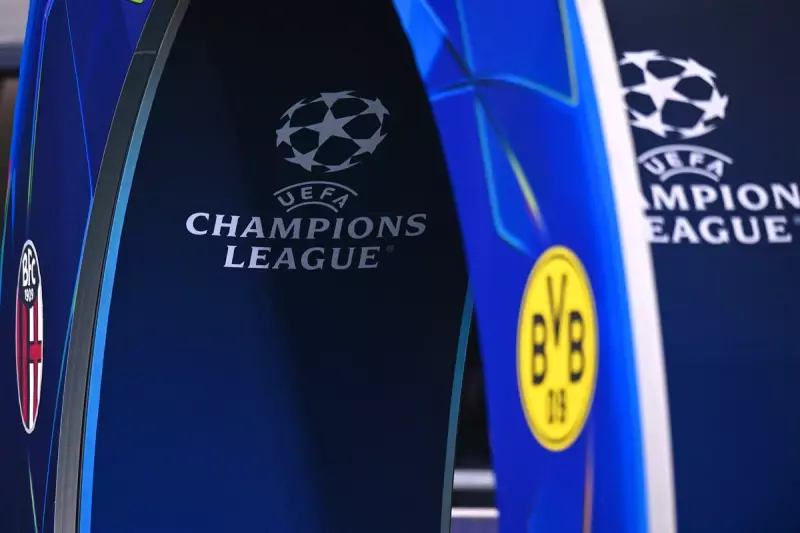
The landscape of football broadcasting is poised for a seismic shift as streaming titans Netflix and Amazon prepare to challenge traditional broadcasters for the coveted Champions League television rights. According to exclusive reports, UEFA is actively courting streaming services for the next cycle of media rights, potentially revolutionising how fans watch Europe's elite club competition.
The Streaming Revolution Comes to Football
For decades, premium football content has been dominated by traditional broadcasters and sports-specific channels. However, the emergence of deep-pocketed streaming services signals a fundamental change in sports media consumption. Industry insiders reveal that both Netflix and Amazon have expressed serious interest in securing Champions League packages, marking their most significant move into live football broadcasting to date.
Why Streaming Giants Want a Piece of the Action
The attraction for streaming platforms is multifaceted. The Champions League represents:
- Global audience appeal across multiple continents
- Premium live content that drives subscriptions
- Advertising revenue opportunities through high-viewership matches
- Cross-promotional possibilities with existing original content
Amazon has already dipped its toes into football broadcasting with Premier League matches in the UK, while Netflix has been gradually expanding its live sports offerings. The Champions League would represent their most ambitious football acquisition yet.
Traditional Broadcasters Fight Back
Incumbent rights holders including BT Sport (soon to become TNT Sports) and Sky Sports aren't going down without a fight. These established players have built their brands around premium sports content and view the Champions League as cornerstone programming. The bidding war is expected to drive prices significantly higher than the current £1.1 billion agreement.
What This Means for Football Fans
This potential shift could dramatically alter the viewing experience for millions of supporters. Possible changes include:
- More flexible subscription models beyond traditional TV packages
- Enhanced streaming quality and interactive features
- Potential for global rather than territory-specific broadcasting
- Integration with other entertainment content on single platforms
The outcome of this media rights battle could set the template for how major sporting events are broadcast for the next decade, with UEFA's decision expected to shape the future of football consumption worldwide.





